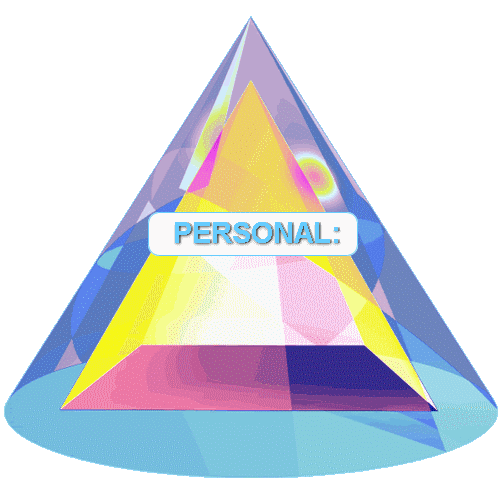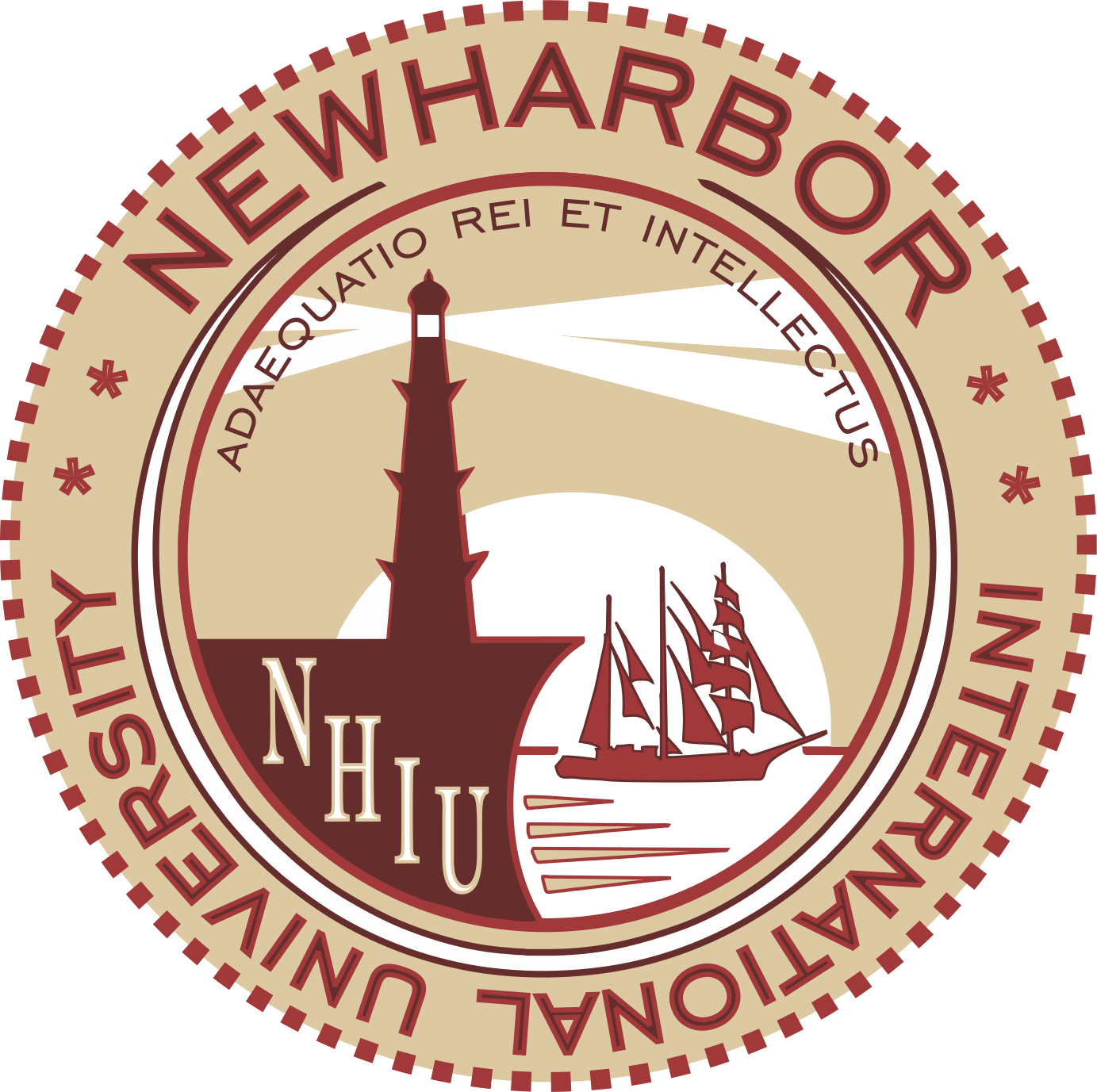
NEWHARBOR INTERNATIONAL UNIVERSITY
Adequatio Rei et Intellectus
Our Teaching Philosophy:
Newharbor International University offers a variety of academic programs allowing for a high degree of individualization to talented learners from a wide range of academic and cultural backgrounds and with diverse degrees of experience.
Our programs are designed to stimulate students to meet their potential and to further grow and excel in their respective areas.
At Newharbor International University, we assume that the learning process is a shared responsibility between the University, its faculty members and the students and with the learning outcomes shared by everyone involved in the process. Whereas the University contributes the academic and organizational framework in which the educational processes are set, our faculty members present the knowledge, skills and mindset to allow students the opportunity to improve knowledge, skills and competencies.
Our programs emphasize
not only on WHAT
the student is learning
but equally on HOW
the student is learning
and HOW efficient
the learning has been.
In return, the students’ responsibility lies in the willingness to dedicate class time, study time, and commitment to receiving the materials, knowledge, support and guidance provided to them. Predominant criteria for working towards the set-forth learning outcomes are mutual respect between faculty and students, and practicing self-discipline.
The process of collaborative-learning encourages a mutually respectful exchange of ideas and assists the student in building the knowledge, skills and professionalism for a society that demands a responsible citizenry. The learner-centered distance education programs at Newharbor International University are designed to meet the unique needs of each student and embrace the moral, ethical and legal principles forming the basis of the University’s code of conduct.
Our University contributes to an international society that is becoming more and more dependent upon cultural understanding and global interaction. The American-designed curriculum, supported by a multi-cultural faculty, permits students to actively engage in educational and professional dialogue allowing them to prepare for a dynamic and changing environment, both local and international.
The ultimate goal of the University is to merge successful American educational practices with academic ideas to global education, resulting in an educational system able to preparing and contributing competent members to the international workplace.
The applied learner-centered principles in instruction and training emphasize self-motivated, self-directed, and interactive learning. Attention is paid to what the student is learning, how the student is learning, and the outcome or result of the learning. This method of instruction is consistently applied across all degree programs offered by the University, and stimulating learners for growth in professional, social and aesthetic areas.
Learning is fundamental to
the personal development
of any learner
and facilitates
the transfer of knowledge
into practical application,
and vice-versa.
Our Dedactic Model:
Our University's core philosophical thoughts on teaching have been transferred into a unique didactic model. This model is graphically depicted in the form of a PyR∆MId, which as a concept, presents four integrating faces, all of which are fundamental and contributing to strength of the development process of our learners. The four faces of the PyR∆MId model are:
(P)ersonal: Both the learner and the university are jointly responsible to develop a personal learning path which reflects the academic and professional objectives expressed by the learner. The most important personal contributions of the learner at this face of the PyR∆MId structure are;
-
Self-analysis or Reflection”; enables learners to determine their personal learning objectives.
-
“Planning”; permits learners to engage into and execute their individually designed personal learning path.
1.
-
“Control”; allows learners to be in charge of the process towards achieving their personally determined learning goals.
(M)ethodology: This face of the PyR∆MId represents the way of how the learner is acquiring knowledge and competencies. With earlier acquired academic and professional competencies at its basis, the learner is taken on a learning path that leads from the broadening of knowledge, to the deepening of knowledge, and finally to their integration.
2.

(R)eferences: This face of the PyR∆MId encompasses involving the learners’ practical environments into their academic program, serving as a stimulation for the development of integrated, operational, organizational and strategic competencies. Throughout their study, learners are stimulated to relate, handle and resolve their academic coursework directly with and within their professional environment, the reasons being:
-
The learner’s workplace is able to more specifically indicate and name those competencies, which require further development.
-
The learner’s workplace may physically facilitate and accommodate the development of such competencies.
(I)nternal Content: This face of the PyR∆MId represents the internal knowledge base of the University’s academic programs. The program content is the result of integrating all previously discussed components of the didactic model and consist of core courses, elective courses and a final assignment in the form of project, thesis or dissertation.
3.
4.
The content and workout of the academic programs is on the one hand geared toward meeting the traditional accepted academic requirements, and on the other towards complying with the requirements placed on the learners by their surrounding workplaces. The core courses (broadening), electives (deepening) and final assignment (integration) reflect the applied methodology within the University didactic model.
The learning experience at the University is enhanced and supported by our selected learning materials, which are regularly revised and updated. Furthermore, at Newharbor International University, the full academic, administrative and organizational dimensions of the learning experience are maintained, controlled and monitored by means of an integrated Online Learning Platform, providing students and faculty with access to personal and tailored information on course subjects, tutors, lectures, examinations, electives and projects, as well as information, support and advice from the University.
The online portal also provides access to an up-to-dated calendar of events, such as guest speakers, webinars or social/academic events. Bulletin boards, in the form of a one-stop chat room, will allow individuals to keep in touch with other course members and lecturers. No matter where you are based, either as a learner or as faculty member, you are as easy in touch with the university as if you were close by.



